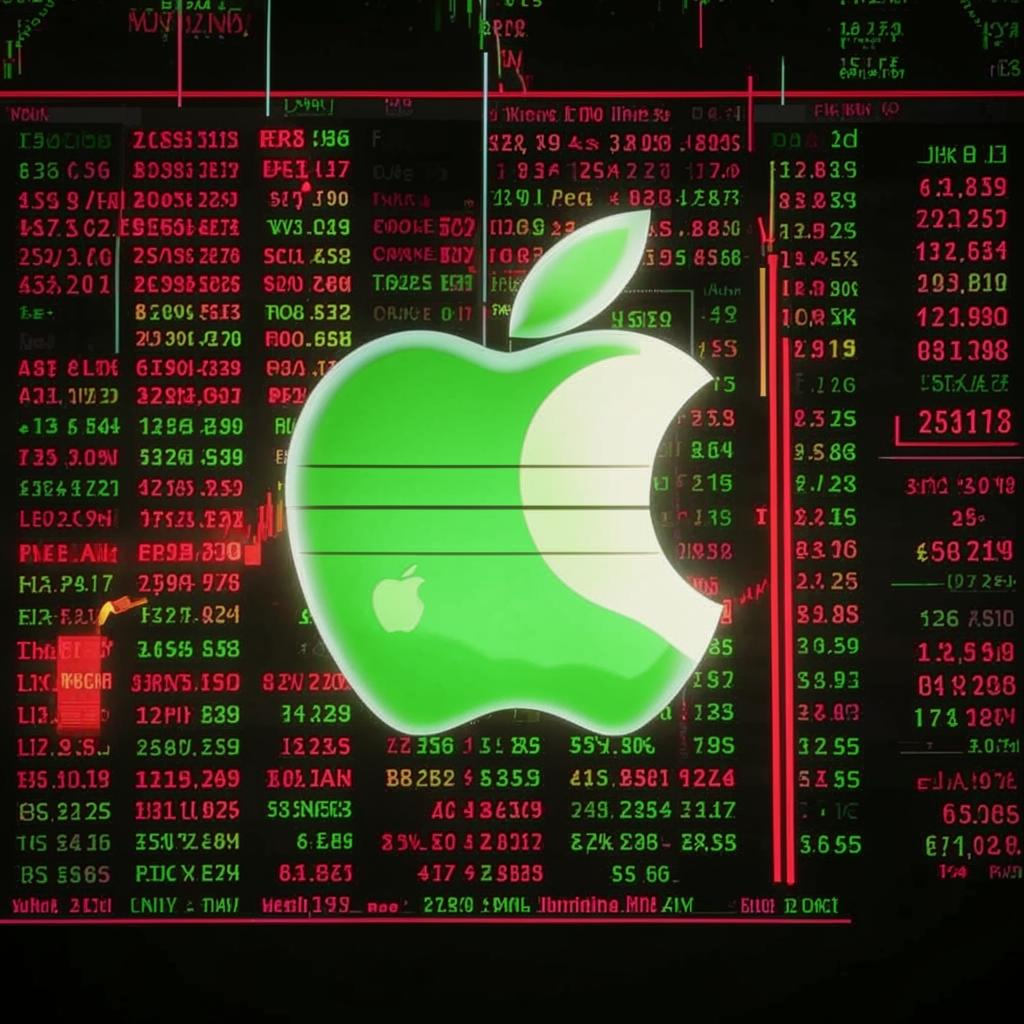A little-known corner of the UK pension industry nearly triggered a financial meltdown in September 2022, forcing the Bank of England to intervene. The crisis stemmed from liability-driven investment (LDI) strategies, used by pension funds to protect themselves from interest rate volatility.
When the UK government announced its “mini-budget,” gilt yields (UK government bond yields) unexpectedly spiked. These LDI strategies relied on leverage, meaning that pension funds had borrowed money to invest in gilts. The sudden rise in yields triggered margin calls, requiring the funds to provide more collateral.
To meet these margin calls, the pension funds were forced to sell gilts. This mass selling put even more downward pressure on gilt prices, sending yields higher. This vicious cycle, dubbed a “doom loop,” threatened to spiral out of control.
The Bank of England stepped in as a lender of last resort, buying gilts to stabilize the market. This intervention prevented a potential collapse of the UK financial system.
The crisis exposed the complexities and risks associated with LDI strategies. Questions are being raised about the transparency of these investments and whether regulators fully understood the potential for systemic risk. Scrutiny is now being directed at the oversight of pension fund investment practices to prevent a recurrence of such a near-disaster. The event serves as a stark reminder of how interconnected the global financial system is and the potential consequences of unchecked risk-taking, even in seemingly low-profile areas.The long-term effects of the crisis are still being assessed, with potential implications for pension fund management and financial regulation worldwide.















